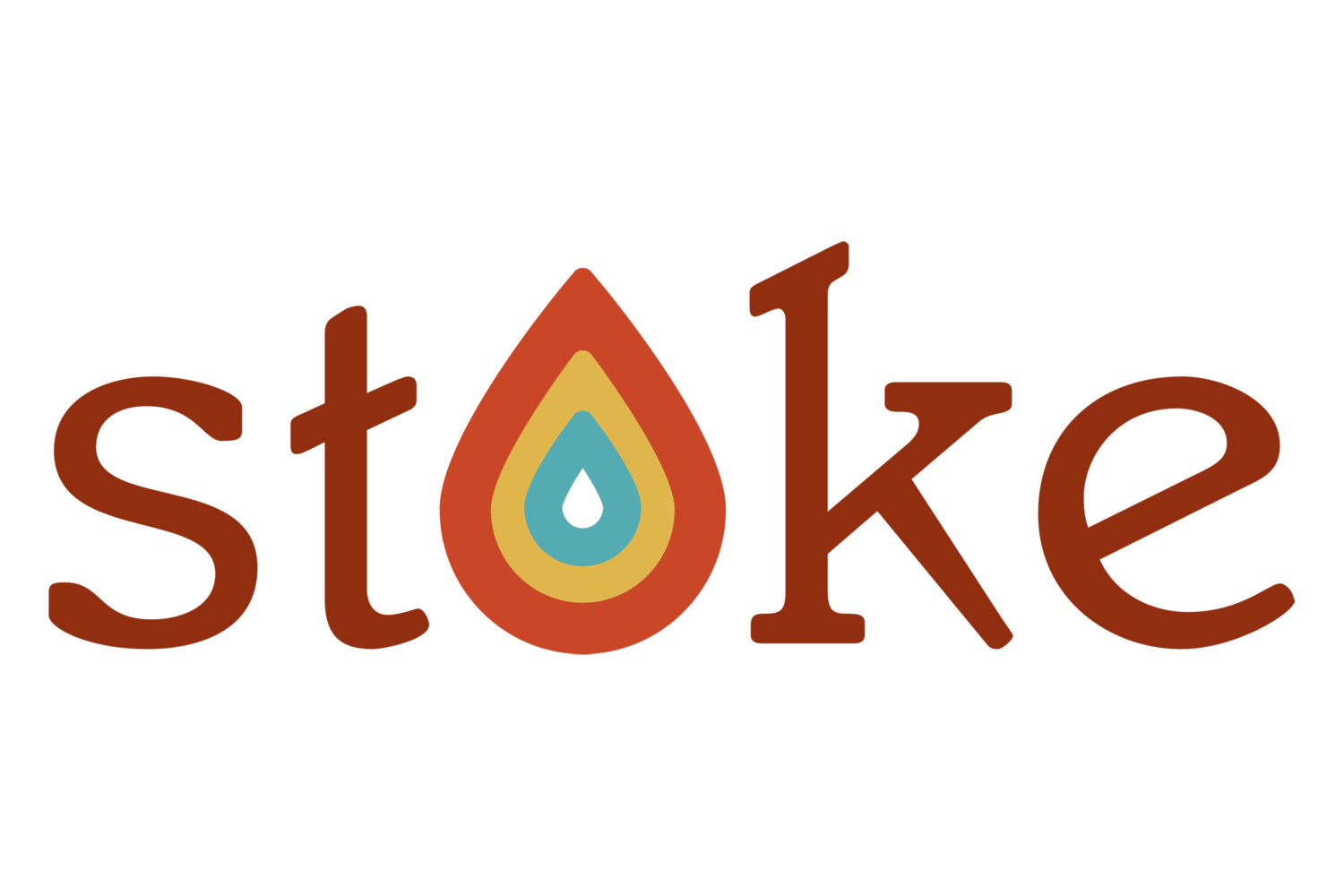You don’t know what you don’t know (to paraphrase an ancient philosopher you might know as Socrates).
We’re continuing our elaboration on 5 Tips For Starting a Business in Denton (linked) with the next blog in the series, Ask Questions & Take Notes. This step will also help you with writing your business plan, whether that’s a lean startup version or a traditional business plan.
Figure out what you don’t yet know but need to know, when to learn it yourself, and when to contract out that work to an expert. You’re going to have to dig in and do some research for what’s pertinent to your situation. Be prepared to ask questions, and be prepared to learn a ton.
The questions that you need to ask yourself and others depend on what stage you’re in as an entrepreneur and your goals. We’ve linked to some resources to help you form your own responses to these questions. This could be a good refresher for those in the middle of running their businesses or scaling their startups, or a list for those thinking about starting their own to guide the business planning process.
What To Ask In Different Startup Stages
Deciding To Start Your Business
Is there a market for what you’re looking to provide?
Demand: Is there a desire for your product or service?
Market size: How many people would be interested in your offering? What are their demographics?
Economic indicators: What is their income range and employment rate?
Location: Where do your customers live and where can your business reach?
Market saturation: How many similar options are already available to consumers?
Pricing: What do potential customers pay for these alternatives?
What kind of business structure will you use?
“Your business structure affects how much you pay in taxes, your ability to raise money, the paperwork you need to file, and your personal liability.”
Sole proprietorship
Owned and run by one person, no legal distinction between the person and the business entity
Partnership
Two or more parties own and operate a business; may or may not have equal liability
Limited Liability Company
A limited liability company (LLC) is a business structure in the United States whereby the owners are not personally liable for the company's debts or liabilities. Limited liability companies are hybrid entities that combine the characteristics of a corporation with those of a partnership or sole proprietorship.
Corporation
A business operation that is its own legal entity created by individuals, stockholders, or shareholders and governed by a board
Cooperative
A business owned and run jointly and equally by its members
After/During The Launch Of Your Business
What business entity am I? (see above)
What permits or licenses do I need?
What, where, and to whom are you selling? Your answers will influence the process for acquiring the permits and licenses that you need.
Do I need business insurance?
Business insurance will cover general liability (which includes things like damage to work spaces/rented premises, personal or advertising injury, and related areas), business liability, management liability, fiduciary liability, cyber and crime coverage, rented and non-owned auto insurance, and more.
Should I separate my personal and business banking accounts?
Yes! Having a business bank account will ensure that your business is legally compliant and protected, and help you, your employees, and your clients in the long run. You can open a business banking account that has low fees and benefits to help grow your business like having a credit line when needed, establishing good credit history for your business, and more.
How will I pay for/finance what I’m doing?
Raising funds (savings, friends & family, crowdfunding?)
Seeking investment (angel investment, venture capital funds?)
Applying for grants and other entrepreneur support
How do I project cash flow?
Entrepreneurs often underestimate how much they will need, but it is possible to produce a realistic estimate from the financial forecast, consisting of the income statement, the balance sheet, and, most important, the cash flow statement.
Questions To Ask While Operating Your Business
You should continue to iterate and improve as you scale (grow) your business by offering additional services or those that it becomes apparent are needed by your audience, creating better versions of your products and services and those that you see your clientele looking for that you might not offer yet. You’ll need to ask yourself whether now is the time to grow or focus on current offerings, as well as think about the long-term operations of your business.
Are your operations sustainable?
Will there continue to be a need for what you’re providing?
What are competitors and those that offer similar services or products doing?
Another great way to stay motivated and up-to-date on industry news and trends is to find a mentor in your field, or who has experience related to your interests and your product.
Finding Your Socratic Sounding Board
We also can’t recommend connecting with a mentor enough. Find someone who has the expertise and experience you’re seeking; they could be a business owner you admire, someone in your social circle who seems to have it all together, all the time, or someone you cold call to take out to coffee or tea because they’re just that good at what they do.
A mentor should be someone who knows how to listen, is willing to give time and advice, and can ask you the questions that will help you take your endeavor to the next level (or whatever level or stage you’re wanting to reach). Read more in our blog piece on mentorship.
Onward, and seize the day!


